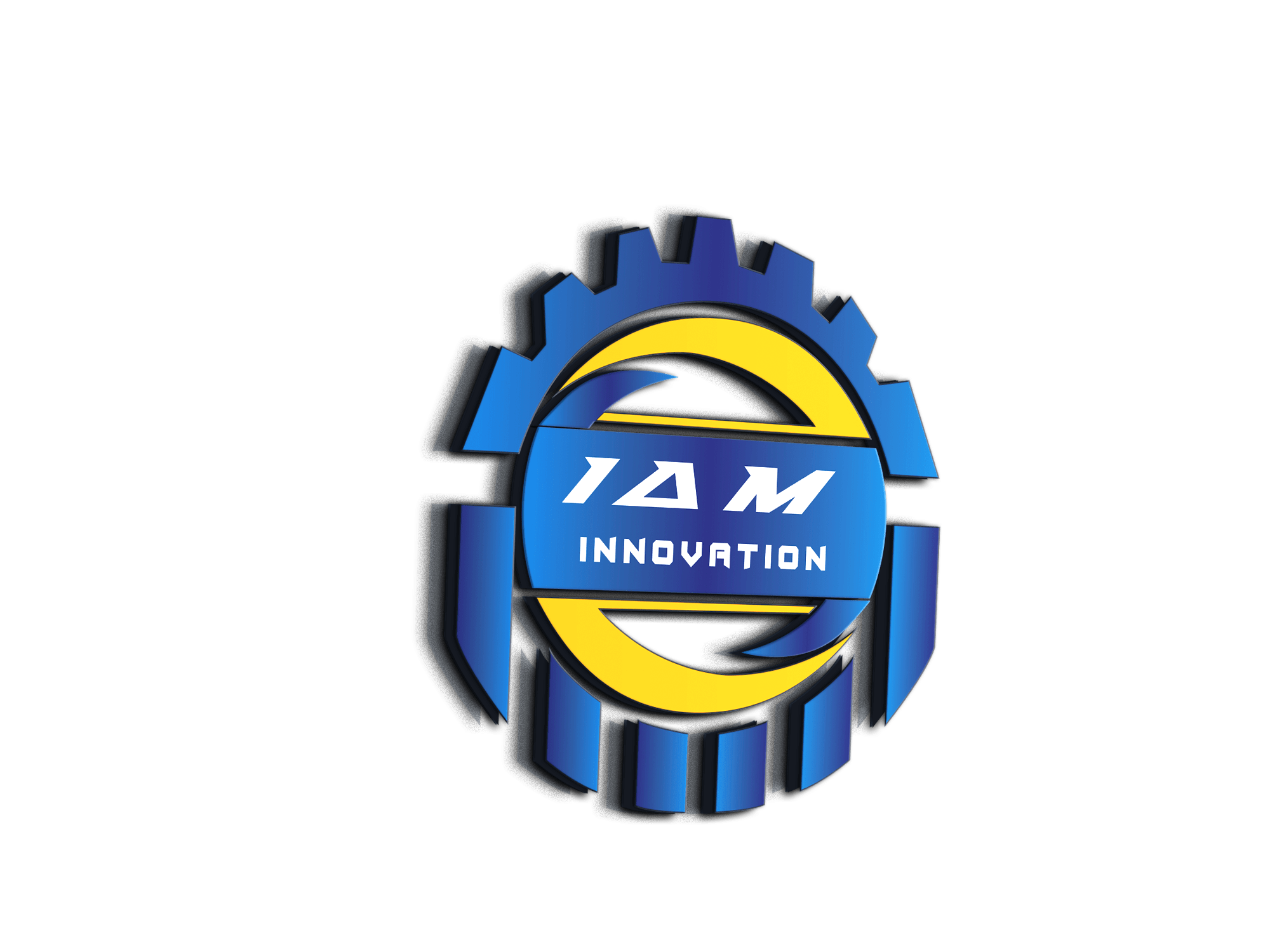Pneumatic Systems
Using pneumatic systems is an easy way to keep maintenance costs low and keep your machines running longer. However, these are just a few benefits of pneumatic components.
Using pneumatic components gives you the following advantages:
- Simplicity of design and control – Machines are easily designed using standard cylinders and other components and operate via simple on-off control.
- Reliability – Because gas is compressible, pneumatic equipment is less prone to shock damage. Gas absorbs excessive force, whereas fluid in hydraulics directly transfers force. Compressed gas can be stored, so machines still run for a while if electrical power is lost.
- Safety – There is a very low chance of fire compared to hydraulic oil. In addition, newer machines are usually overload safe.
Pneumatic System Maintenance

Preventive maintenance for pneumatic systems is important to getting the best performance out of your equipment. Regularly checking the state of pneumatic systems helps you catch wear and tear before it becomes a problem.
One common maintenance issue with pneumatic systems is air leakage. Detecting this early can save your system from overload, wasted compressed air, increased operating costs, and even loss of quality production. Sometimes leakage is detectable by simply listening for air loss within the pneumatic system. Alternatively, you can use a water and soap solution, spray it on the system, and look for air bubbles. Fixing air leakage can be as easy as tightening fittings. In major instances, replacing a broken part may be necessary.
How Does an Industrial Pneumatic System Work?
If you have ever used a bicycle pump then you have seen the basic application of pneumatics. Many industries today incorporate pneumatic systems into their machines. They have become so popular that you can find them in everyday items such as nail guns and vacuum cleaners.
A pneumatic system is a machine that uses pressurized air to control movements such as holding, moving, and forming materials together. Pneumatic systems rely primarily on large amounts of compressed air to perform. It is important for many machines to carry and maintain constant air production.
In general, most pneumatic systems are composed of:

- Compressor
- Receiver
- Valves
- Actuators
